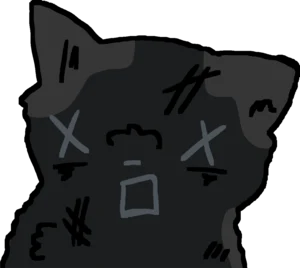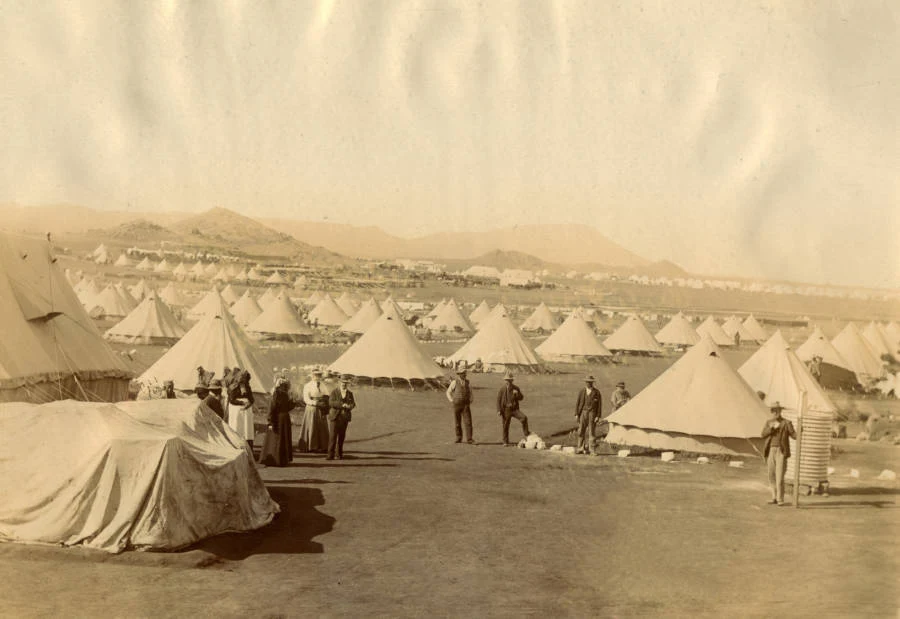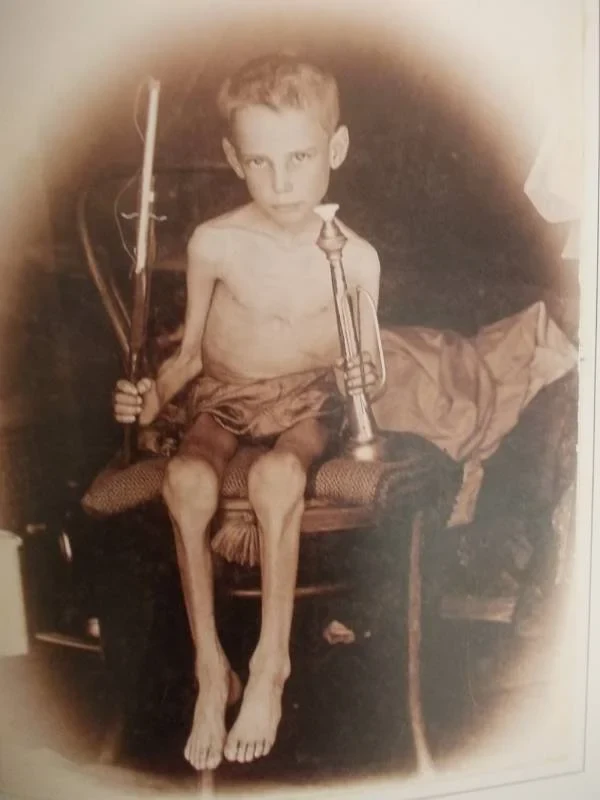- farfromeverything : move to social
- 2
- 2
- 2
- 1
- 4
- 3
I failed to find a context other than this is a certified classic beauty from mid 2010s, hence the shitty quality.
- 1
- 1
I'm looking for photos of the skeleton and inside the tomb.
Also, HOW THE FUCK, does a married man and father hide this plan let alone proceed to materialize it perfectly without SOMEONE knowing? This mother fucker literally ghosted on his world to be found decades later! They had a check book they balanced, children, and jobs. What the fuck?
- 6
- 7
- 3
- 7
The Second Boer War Concentration Camps: A Tragic Chapter in Colonial History
The Second Boer War (1899-1902) was a conflict that erupted between the British Empire and the independent Boer states of the South African Republic and the Orange Free State. Amidst the brutality of this war, one of the most tragic chapters in colonial history unfolded – the establishment of concentration camps by the British authorities.
Origins and Purpose
The use of concentration camps in the Second Boer War was a response to the guerrilla warfare tactics employed by the Boer forces. As the British struggled to combat the Boers' hit-and-run tactics, they resorted to a scorched-earth policy to deprive the Boers of resources and support. This policy involved the destruction of farms, crops, and livestock, leading to the displacement of thousands of Boer civilians, including women and children.
To manage this displaced population and to prevent them from aiding the Boer guerrillas, the British established a network of concentration camps. Initially, these camps were intended to be places of refuge, providing food, shelter, and medical care to displaced civilians. However, as the war dragged on, the conditions in these camps deteriorated rapidly, leading to widespread suffering and death.
Conditions in the Camps
The concentration camps were characterized by overcrowding, inadequate sanitation, poor nutrition, and lack of medical care. Tents provided insufficient protection against the harsh South African climate, resulting in extreme temperatures and exposure to the elements. Food supplies were often insufficient and of poor quality, leading to malnutrition and starvation among the camp inhabitants.
Furthermore, the camps were plagued by outbreaks of disease, including typhoid, dysentery, and measles. The crowded and unsanitary conditions provided fertile ground for the spread of these diseases, leading to a staggering death toll. Women and children were particularly vulnerable, with mortality rates far exceeding those of soldiers on the front lines.
International Outcry and Legacy
The plight of the Boer civilians in the concentration camps attracted international attention and condemnation. Humanitarian organizations, journalists, and politicians criticized the British government for its handling of the camps and called for urgent action to alleviate the suffering of the inmates. Despite these efforts, the death toll continued to rise, with estimates suggesting that tens of thousands of Boer civilians perished in the camps, including a significant number of children.
The legacy of the concentration camps remains a stain on the history of British colonialism in South Africa. The camps epitomize the brutality and inhumanity of war, as well as the disregard for civilian lives in pursuit of military objectives. In the years following the war, the memory of the concentration camps served as a rallying cry for Boer nationalism and resistance against British rule.
In conclusion, the Second Boer War concentration camps represent a dark chapter in colonial history, characterized by suffering, death, and the erosion of basic human rights. The establishment of these camps and the conditions within them reflect the extreme measures taken by the British Empire to suppress the Boer resistance, with devastating consequences for civilian populations. The legacy of the concentration camps serves as a reminder of the human cost of war and the importance of upholding humanitarian principles even in times of conflict.












 furry lives matter
furry lives matter 





































 Slavshit
Slavshit

 Sandshit
Sandshit
